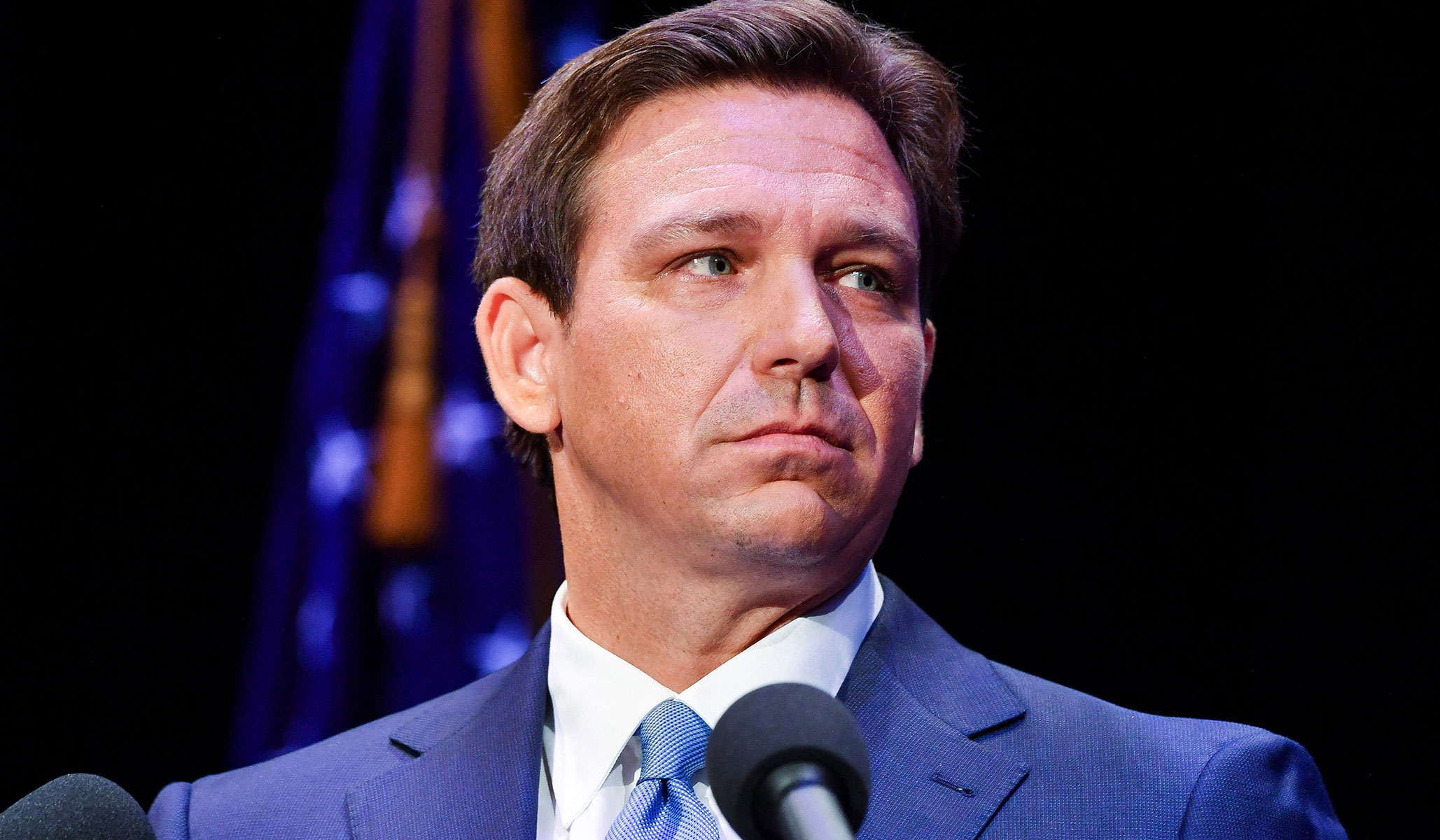


Rich thinks that Trump might benefit from skipping the first debate, or even more than one of them. It’s a double-edged sword: He could duck hard questions and try to assert his dominance by deeming the race over and his opponents beneath him, but it could also reek of both fear and entitled arrogance to tell Republican voters they don’t deserve to see him take on all comers. Watching Trump in combat is, after all, a big part of the entertainment value promised by his continued presence in politics. Phil argues that, if Trump bails, DeSantis might, too, because he’ll be the sole target for the rest of the candidates — the piñata at the party — as well as being diminished by debating at the “kiddie table.”
It’s never easy to predict how these things will work out, but there is also a case to be made that DeSantis could benefit from a debate with the other candidates even without Trump. First, if Trump isn’t there and the polling doesn’t change dramatically by August, DeSantis would be in the center of the stage, looking like the front-runner in a TV event that could draw a lot of eyeballs. He would also have the chance to frame attacks against Trump unrebutted while hitting Trump for not being willing to stand in the ring with him. He could also use the practice, which Trump would miss. And if the moderators are hostile, it would be DeSantis, not Trump, with the chance for a viral moment fighting the press. Maybe none of it plays out that way, but if we get to the summer and Trump and DeSantis are still running one-two with everybody else in single digits, and Trump decides to skip the debates, I wouldn’t advise DeSantis to follow suit.
The 1980 race featured a lot of these kinds of strategic games. As Ronald Reagan’s first campaign manager, John Sears, quipped, “there are two problems in politics. One is being ahead, and the other is being behind.” In Iowa, Reagan tried to posture as a front-runner who didn’t need to get in the trenches and skipped a debate that was watched by 58 percent of Iowa voters. His support in Iowa dropped by half, and he lost the caucus to George H. W. Bush. Trailing in the polls, Reagan showed up for a debate in Manchester, N.H., and righted the ship. After that, there was a second debate in Nashua that was originally supposed to be a one-on-one between Reagan and Bush, with the two candidates splitting the cost. But only Reagan paid the bill, and his campaign decided that four other contenders (Howard Baker, John Anderson, Bob Dole, and Phil Crane) should be onstage as well, in order to present a visual of Reagan against the field rather than Reagan against Bush.
With the two campaigns at loggerheads, Reagan went onstage with Bush, and he had the other four enter the room; the crowd started to chant “Bring them chairs!” Reagan moved to address the crowd to explain his position. That was when the moderator tried to cut off his mic and Reagan responded, “I am paying for this microphone!” (He was also paying the sound tech, which was why it didn’t get shut off.) The debate went on one-on-one, but only after Reagan had not only stood with the crowd but squarely placed the blame on Bush for excluding the others (who all denounced Bush after the debate). Reagan won New Hampshire and was off to the races.
In the fall, Reagan took the same tack, insisting that Jimmy Carter include John Anderson in their debates — in part because Reagan knew that Anderson was drawing votes from Carter. Carter refused, so Reagan debated Anderson in late September, then debated Carter separately a month later. This time, Reagan didn’t get the visual he wanted, but the haggling delayed the lone debate with Carter until October 28, a week before the election. It was watched by 80.6 million people; 86.5 million voted. Reagan was always better advised to show up for every contest.
